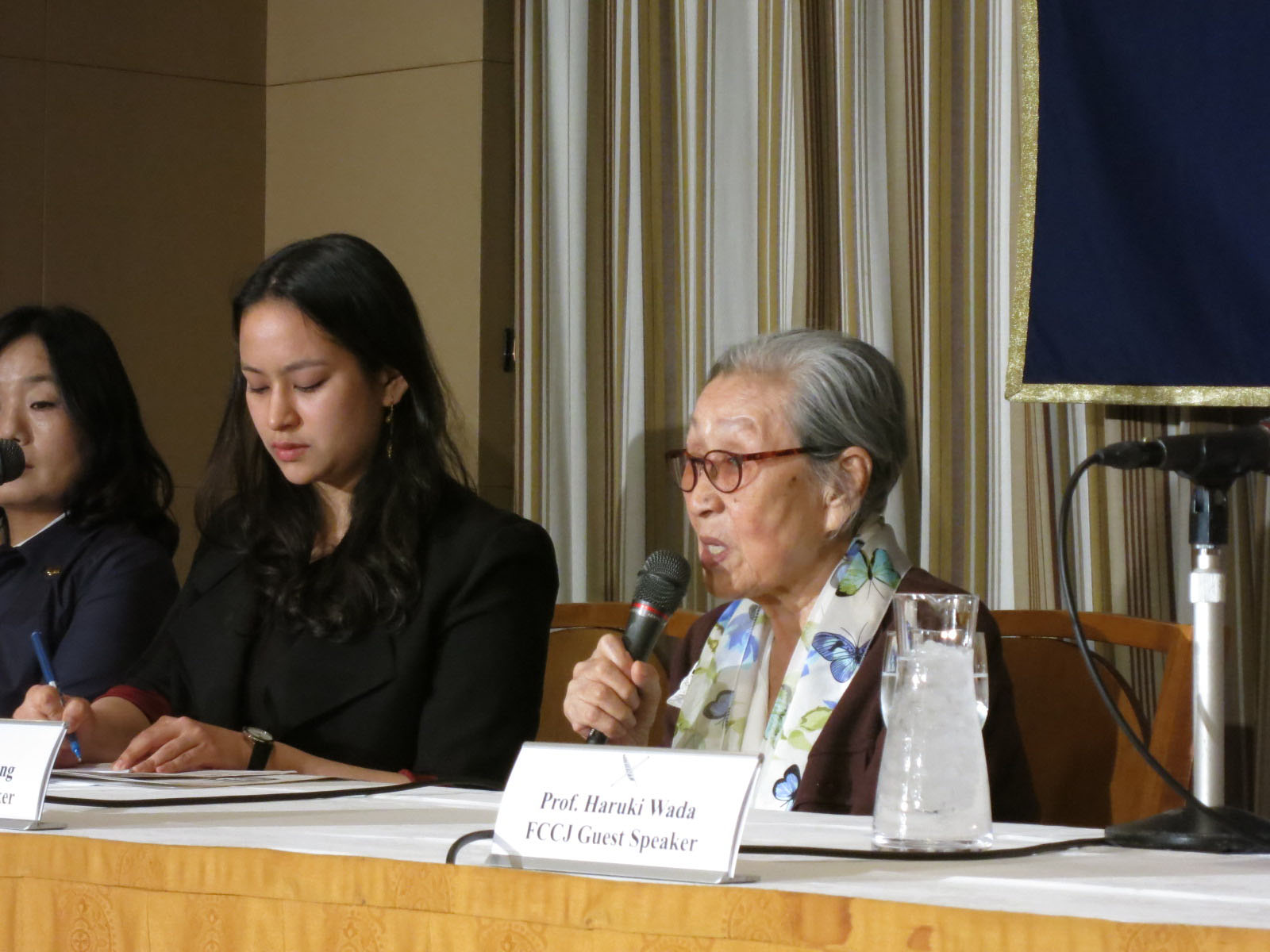A South Korean woman who says she was forced to work in a Japanese military brothel as a girl in the 1940s demanded Friday that the government admit that the Imperial Japanese Army was involved in managing the brothels and extend an official apology to the victims.
"What I want is to take back my dignity and honor," Kim Bok-dong, 88, one of the few surviving "comfort women," Japan's euphemism for the thousands of girls and women coerced into sexual slavery during the war, told the Foreign Correspondents' Club of Japan in Tokyo.
Kim said she was approached in 1940 with an offer to work at a factory making army uniforms, but was instead taken to a military brothel in Guangdong province, China. She was only 14 at the time, she said.


















With your current subscription plan you can comment on stories. However, before writing your first comment, please create a display name in the Profile section of your subscriber account page.